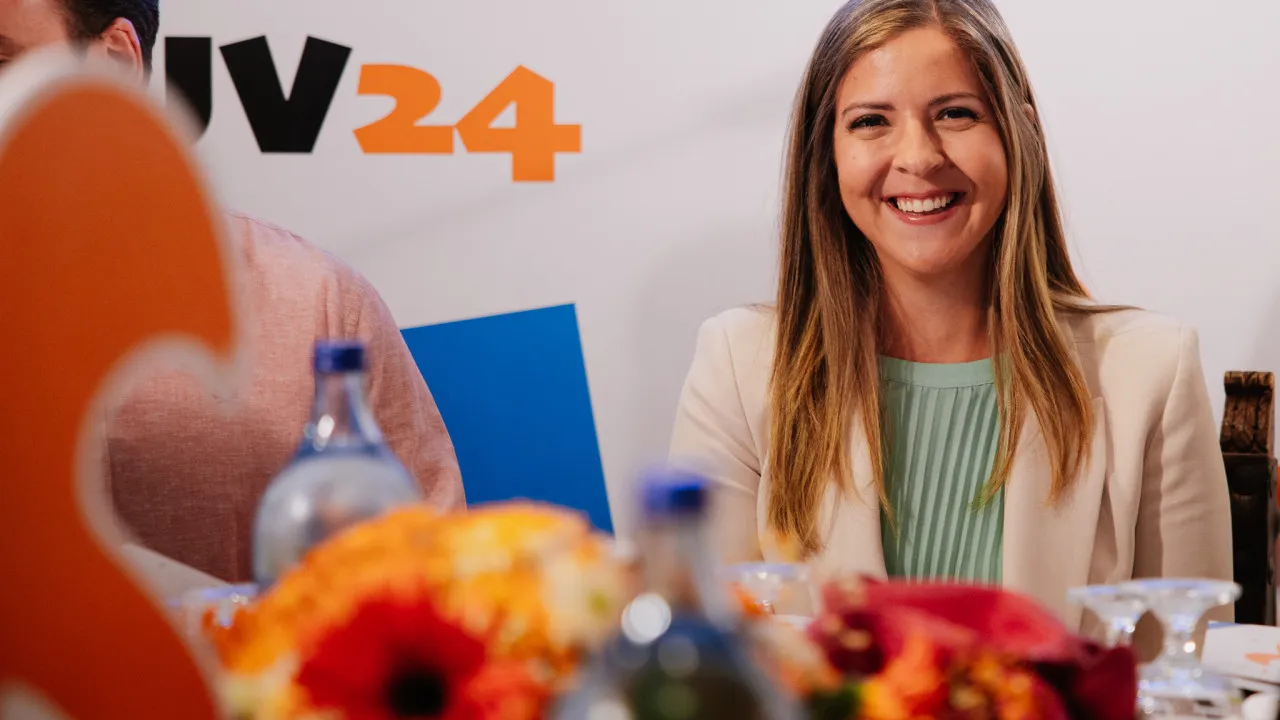
The Ministry of Culture, Youth, and Sports announced that it has consulted with its affiliated entities and patrons and is open to suggestions until September 20. The proposal for the new regime is expected to be presented by the end of the year.
The ministry described the current regime as “rarely engaging, overly complex, and not always clear in its criteria and procedures.” The review aims to ensure “more transparency, predictability, sustainability, and diversification of funding sources.”
“We want a cultural patronage that is clearer and more accessible,” stated the minister, adding that “the new framework should adhere to the principles of simplicity, equity, and objectivity.”
In the statement, Minister Margarida Balseiro Lopes emphasized the need to recognize “the role of all cultural agents,” ensure that fiscal support reflects “the social impact generated,” and prevent decisions from becoming “subjective or overly centralized.”
So far, the minister has met with entities under the ministry’s purview and approximately two dozen private patrons. The consultation process now continues with cultural agents, citizens, businesses, and institutions.
“In defining public policies, contributions from civil society are essential and always welcome,” she remarked.
Interested parties can submit proposals on the portal participa.gov.pt at the address https://participa.gov.pt/base/initiatives/rewU6rw95f/description until September 20.
According to the Program of the XXV Constitutional Government presented to the Assembly of the Republic in June, in addition to budgetary reinforcements, the Executive committed to creating “an attractive legal framework for cultural patronage.”
In October last year, the Government approved in the Council of Ministers 25 measures for the cultural sector, including a proposal for a Cultural Patronage Law to be submitted to parliament.
Prior to this, in September, the cultural patronage bill presented by the PS in July was rejected in parliament, with votes against from the PSD, CDS, Chega, and PCP, abstention from BE, and favorable votes from the remaining parties.
Days earlier, the PSD revealed that the Government had “in preparation” a cultural patronage bill, described as more comprehensive than the model presented by the PS.




